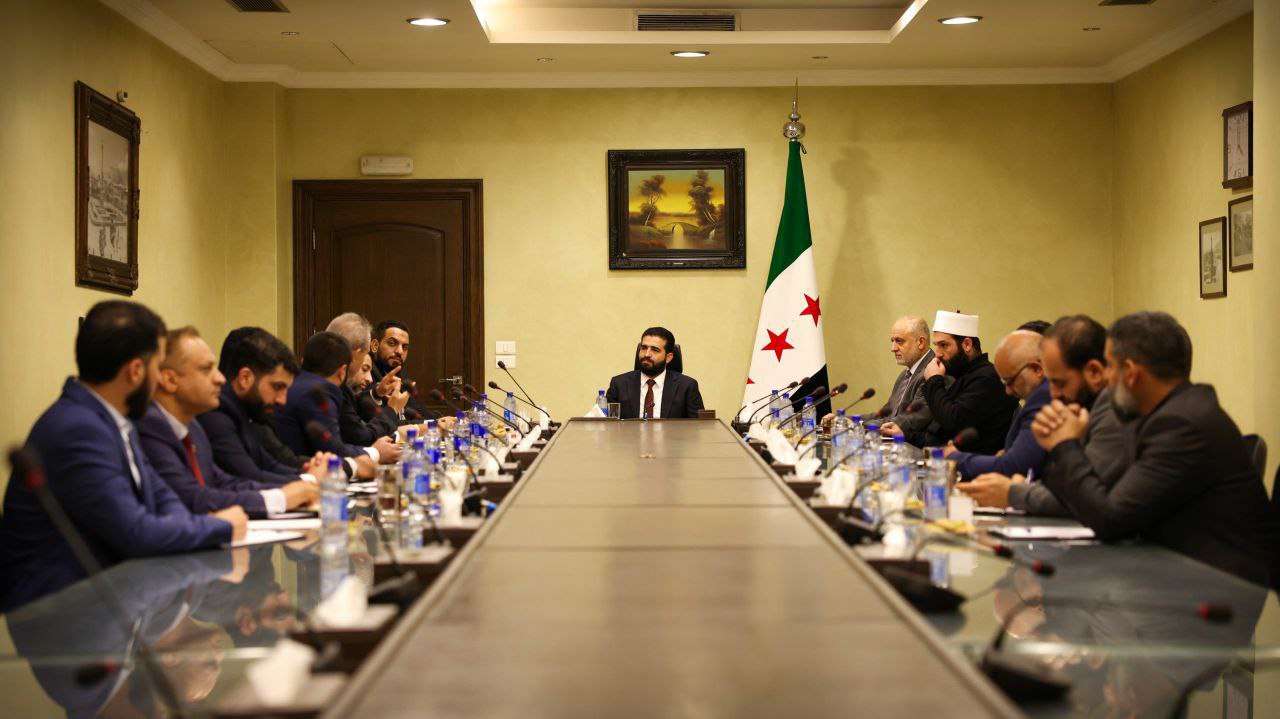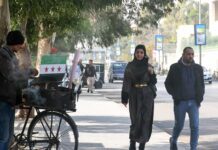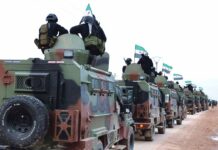
The Syrian Ministry of Interior appointed Sheikh Suleiman Abdulbaqi, leader of the Free Jabal al-Arab Gathering, to oversee the security file in the city of Suwayda, amid renewed tensions in the southern province. Interior Minister Anas Khattab met with Abdulbaqi, September 14, before announcing the new security command structure, though the ministry did not immediately confirm details of the meeting through official channels.
A ministry source, speaking on condition of anonymity, told local outlets that Brig. Gen. Hussam al-Tahhan remains the commander of the Internal Security Forces for Suwayda province, while Abdulbaqi has been given authority over the city. Khattab later said in a post on the X platform that the new appointments were part of “a comprehensive plan to restructure the security and police system, as required by the stage, and the beginning of a more stable path in the province.”
Sheikh’s Message to Residents
Abdulbaqi announced his appointment through a video statement published on his Facebook page Monday, September 15. He said he would focus on addressing the issue of abducted Suwayda residents following violent incidents that escalated in mid-July. He called on residents to submit names of suspected kidnappers to aid in tracking their cases, while denying that Druze detainees were held in government prisons.
In the same video, Abdulbaqi criticized Sheikh Hikmat al-Hijri, a Druze community spiritual leader, accusing him of contributing to Suwayda’s unrest and violating prior agreements with the government. Hijri has recently renewed calls for the establishment of an independent Druze entity, a position opposed by the majority of Druze sheikhs, according to reporting from Asharq Al-Awsat.
A Divisive Figure in Local Politics
At 35, Abdulbaqi has become one of the province’s most prominent leaders. He founded the Free Jabal al-Arab Gathering in 2022 to counter the influence of Iranian-backed militias and took part in the 2023 Al-Karama Demonstrations demanding the release of detainees. After the fall of Assad in December 2024, Abdulbaqi aligned himself with the transitional government led by President Ahmad al-Sharaa, a stance that drew both support and opposition within Suwayda.
Abdulbaqi has survived multiple assassination attempts. He was shot near Suwayda’s National Hospital in November 2024 and targeted again in March 2025, when attackers fired an RPG at his home. Despite these threats, he has maintained a visible role in shaping the province’s evolving security landscape.
Uncertain Path Ahead
Suwayda witnessed repeated cycles of violence in recent months. The clashes between Druze factions loyal to Hijri and Bedouin tribes escalated into mutual kidnappings. Government forces attempted to intervene in July but withdrew under ceasefire agreements following Israeli attacks and to restore calm after alleged violations, leaving local factions in control of parts of the province. The government currently holds more than 30 villages in Suwayda’s eastern and northern countryside, while factions are primarily in the provincial center.
With Abdulbaqi’s appointment, the Interior Ministry has signaled a strategy to integrate local leadership into security management. Whether this move will stabilize Suwayda or deepen divisions between rival Druze leaders remains uncertain.








